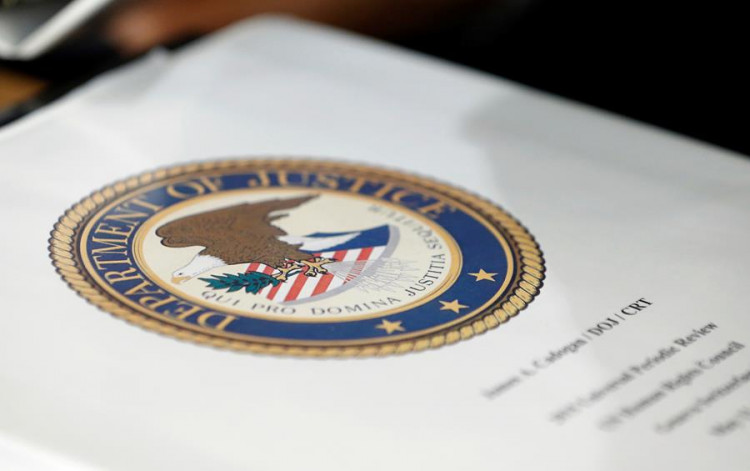A United States Navy employee and his wife have been accused for, allegedly, selling information on nuclear-powered warships to an undercover agent of the Federal Bureau of Investigation they believed represented a foreign entity in return for cryptocurrencies.
Toebbe and his wife, Diana, were taken into custody on Saturday in West Virginia and charged with breaching the Atomic Energy Act, according to a statement from the Justice Department. It is expected that they will appear in a federal court in West Virginia on Tuesday.
The complaint accuses the defendants of plotting to send secrets about the architecture of U.S. nuclear submarines to a foreign country, according to Merrick Garland, the United States Attorney General.
Toebbe had an active national security clearance that allowed him access to "restricted material," the Justice Department said, and had been working for the U.S. government since 2012, when he was arrested.
According to the FBI's lawsuit, he was discharged from active military in 2017 after completing his compulsory service.
Earlier this year, Toebbe delivered a box containing sensitive material to an undisclosed country, and then began selling secrets for tens of thousands of dollars in digital currency to the undercover FBI agent.
The Justice Department added that, at one point, Toebbe concealed a digital memory card containing documents about submarine nuclear reactors in a peanut butter sandwich and dropped it at a "dead drop" spot in West Virginia while his wife served as a lookout.
It was discovered that another memory card had been hidden inside a chewing gum packet, according to the Justice Department.
According to an affidavit filed in federal court, the memory card contained "militarily sensitive design features, operational parameters, and performance characteristics of Virginia-class submarine reactors," among other things.
The Justice Department said Toebbe also received two separate payments of Monero totaling $100,000. Monero is a decentralised cryptocurrency with privacy-enhancing technologies that blur transactions to attain anonymity, the FBI said.
The Toebbes did not have a lawyer, court filings and the Justice Department statement disclosed.






